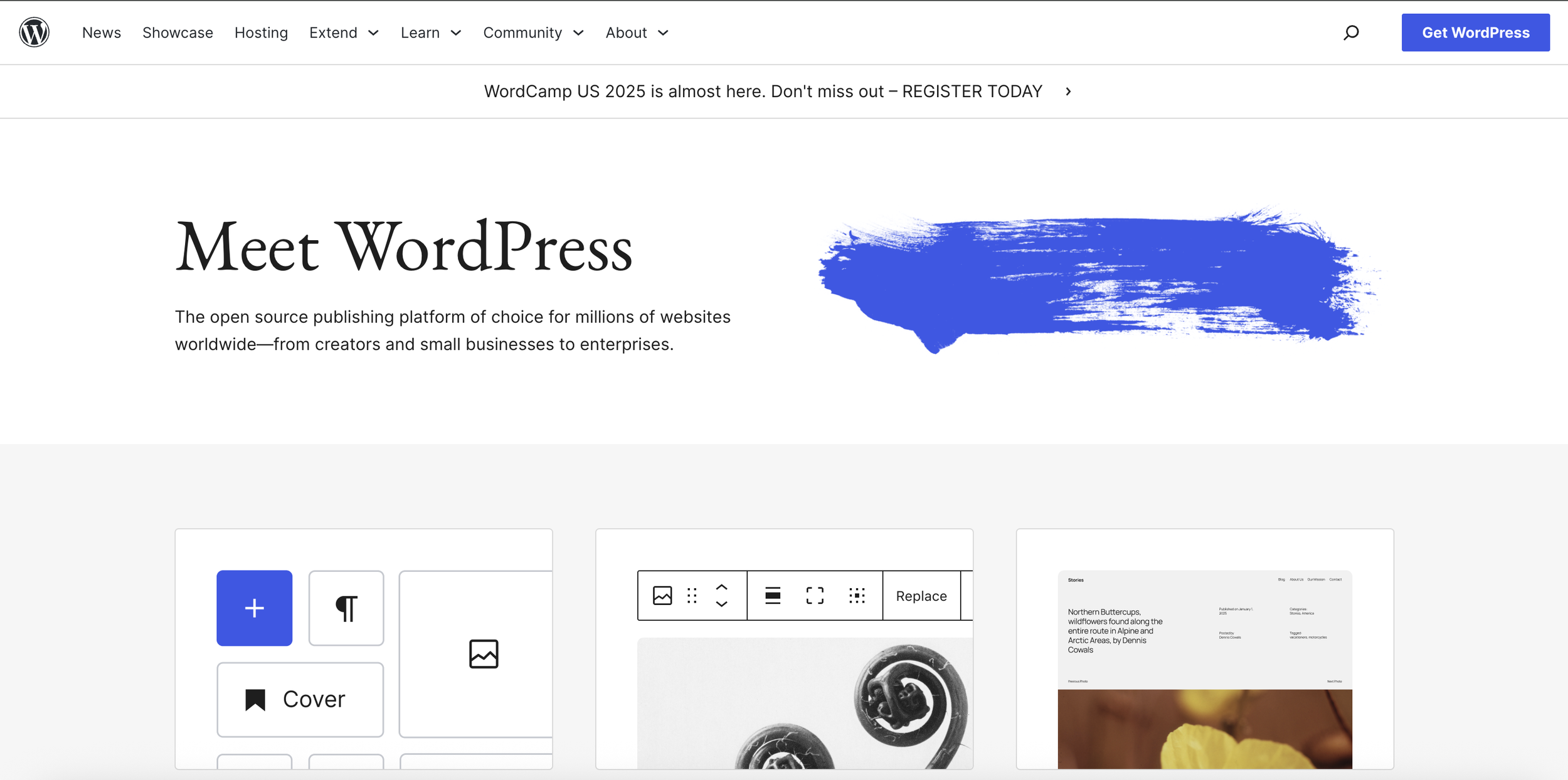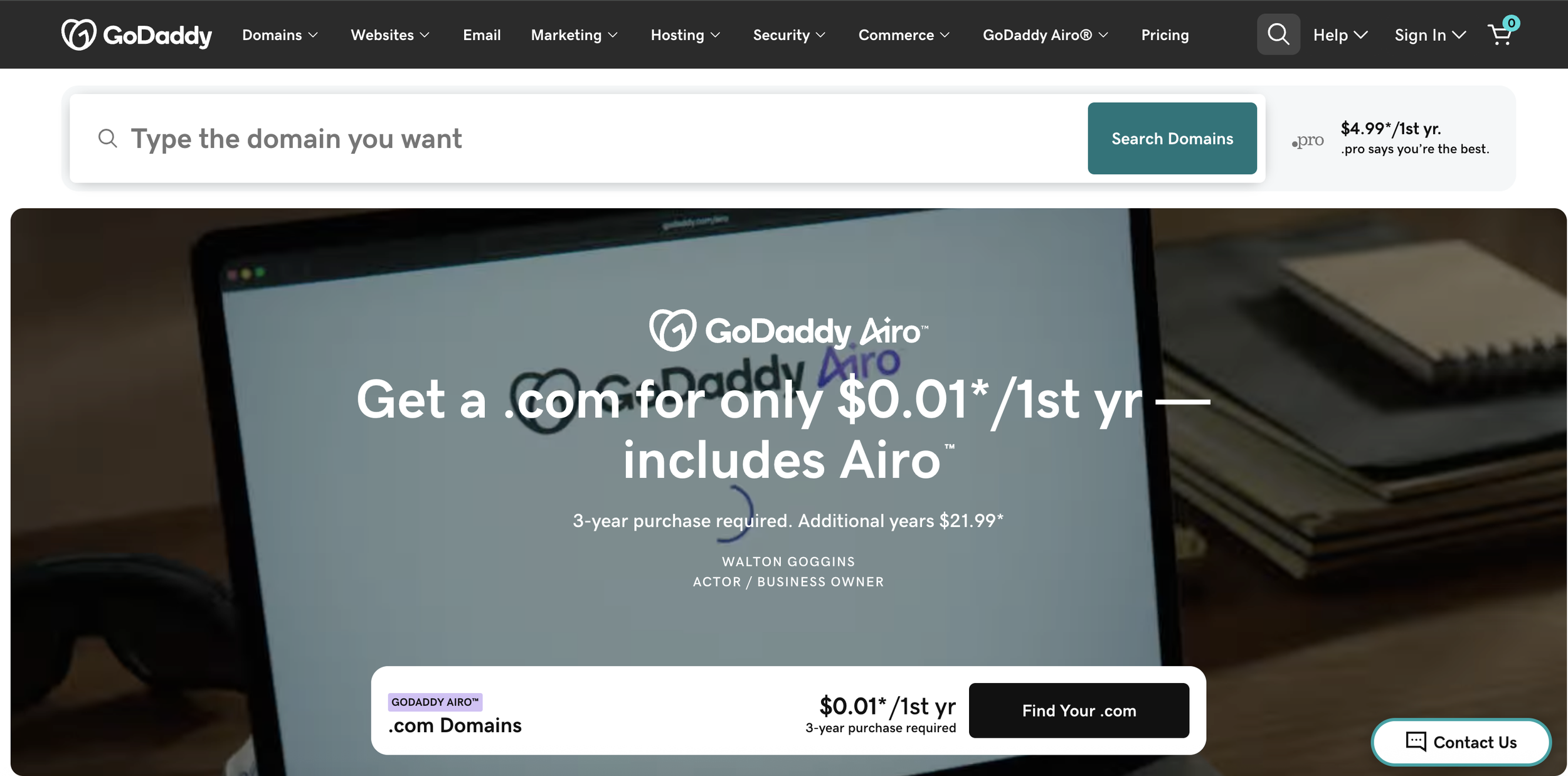Which Website Platform Should You Use If You’re Just Starting Out?
If you’re just getting your Enneagram business off the ground, one of the biggest early questions is:
What website platform is best for a new business?
It’s a fair question, especially when you’re juggling so many other decisions like naming your business, defining your services, or figuring out your niche.
The truth is, your website platform can either make things feel smoother… or add unnecessary tech headaches.
In this post, I’ll walk you through six of the most popular website platforms for service-based businesses and break down their pros and cons. I’ll also share why having a website matters even if you’re just starting and give you my honest recommendation (based on personal experience) at the end.
Why You Need a Website for Your Enneagram Business
Before we get into platforms, let’s quickly talk about why a website is worth prioritizing, especially if you’re a coach, educator, or creative who uses the Enneagram in your work.
Here’s the short version:
A website helps you look professional and trustworthy.
It gives potential clients a place to learn about you and what you offer.
It provides structure for your business growth, whether you’re offering coaching, digital products, or workshops.
Unlike social media, you own your site. It won’t disappear because of an algorithm shift or account lockout.
Still on the fence? I wrote a whole post on this topic: 👉 Do You Actually Need a Website for Your Enneagram Business?
What to Look for in a Website Platform (Especially as a New Business Owner)
When choosing a website builder, you want something that balances ease of use with room to grow. Here are a few key features to consider:
Beginner-friendly setup:
Can you build a page without knowing how to code?Design options:
Does it offer clean, professional templates you can customize?All-in-one tools:
Can you blog, collect emails, and integrate scheduling or checkout?Cost:
Are you getting enough value for what you’re paying?Support:
Is there help available if you get stuck?
Pros and Cons of 6 Popular Website Platforms
1. Squarespace
This is the platform I personally use and recommend to most of my clients. But I’ll get to why later. Let’s stay objective for now.
Pros:
Drag-and-drop interface that’s easy to learn
Beautiful, mobile-friendly templates
Built-in tools for blogging, SEO, email opt-ins, and ecommerce
Customer support and hosting included
Clean, professional look right out of the gate
Cons:
Less flexible than WordPress if you want highly custom functionality
Some template layout limitations
If you’re very DIY-oriented, the structure might feel “locked in” (though that’s often a plus for new users)
2. WordPress (.org)
I’ve used WordPress before, and while it’s powerful, I don’t usually recommend it for beginners.
Pros:
Ultimate customization if you know what you’re doing
Thousands of themes and plugins
Ideal for developers or advanced users
Cons:
Steep learning curve (not beginner-friendly)
You’ll need to manage hosting, security, and updates yourself
It can get expensive if you need a developer
Easy to break things if you’re not familiar with backend tools
3. Wix
Wix is another platform I’ve tried. It’s user-friendly, but it doesn’t play well with a lot of third-party tools.
Pros:
Easy drag-and-drop editor
Lots of templates and visual design freedom
Quick to launch if you just need something simple
Cons:
Not ideal for long-term growth or advanced functionality
Limited integration with email tools, schedulers, and ecommerce platforms
SEO tools are less robust
4. Showit
Showit is another platform I’ve tried. I love the design options (especially being that I’m a designer), but there’s still a big learning curve even for the most design-savvy.
Pros:
Visually stunning—great for photographers, designers, and creative professionals
Powered by WordPress for blogging (best of both worlds)
Drag-and-drop freedom with no code required
Cons:
Pricier than other options
Takes longer to design from scratch
Can be overwhelming if you’re not design-oriented
5. Kajabi
I’ve not used Kajabi myself, but if you have digital courses you know you want to create or have already, this may be the option for you.
Pros:
All-in-one platform for digital products, courses, and memberships
Includes landing pages, email marketing, checkout, and more
Good choice if your business is built around content delivery
Cons:
Expensive for beginners ($149+/month)
Website builder is functional but limited in design customization
Overkill if you’re not selling courses or memberships yet
6. GoDaddy Website Builder
An inexpensive option, but can be limiting on design and functionality.
Pros:
Super easy and fast to launch
Very low-cost
Cons:
Limited flexibility and functionality
Not built with coaches or educators in mind
Harder to scale or evolve as your business grows
So… What Website Platform Is Best for a New Business?
Here’s the honest truth:
If you’re just starting out and want a platform that’s easy to use, looks professional, and won’t make you want to throw your laptop across the room, Squarespace is your best bet.
It’s the platform I use for my own business and the one I recommend to my clients.
You don’t need to be tech-savvy to get started, and it’s built for people who want a clean, functional website without the chaos of plugins, patches, or constant troubleshooting.
That said, no platform is magic. The real magic happens when your site clearly reflects what you do, who you serve, and how people can work with you.
Want a Website That Feels Clear, Client-Ready, and You?
I help Enneagram professionals like you build beautiful, functional websites on Squarespace, whether you’re just starting out or giving your business a refresh.
If you want help bringing your vision to life (without the tech overwhelm), I’d love to support you.








